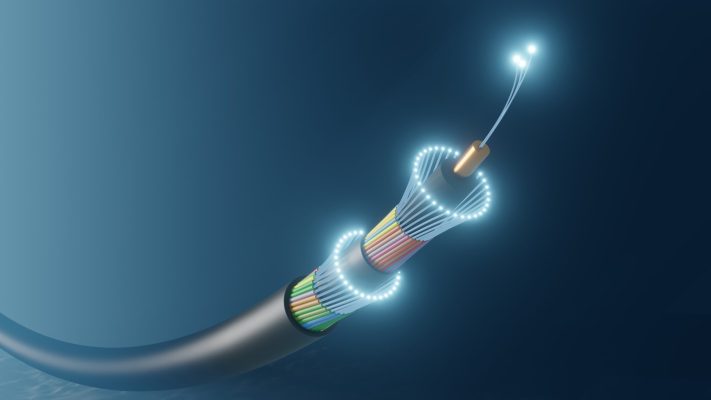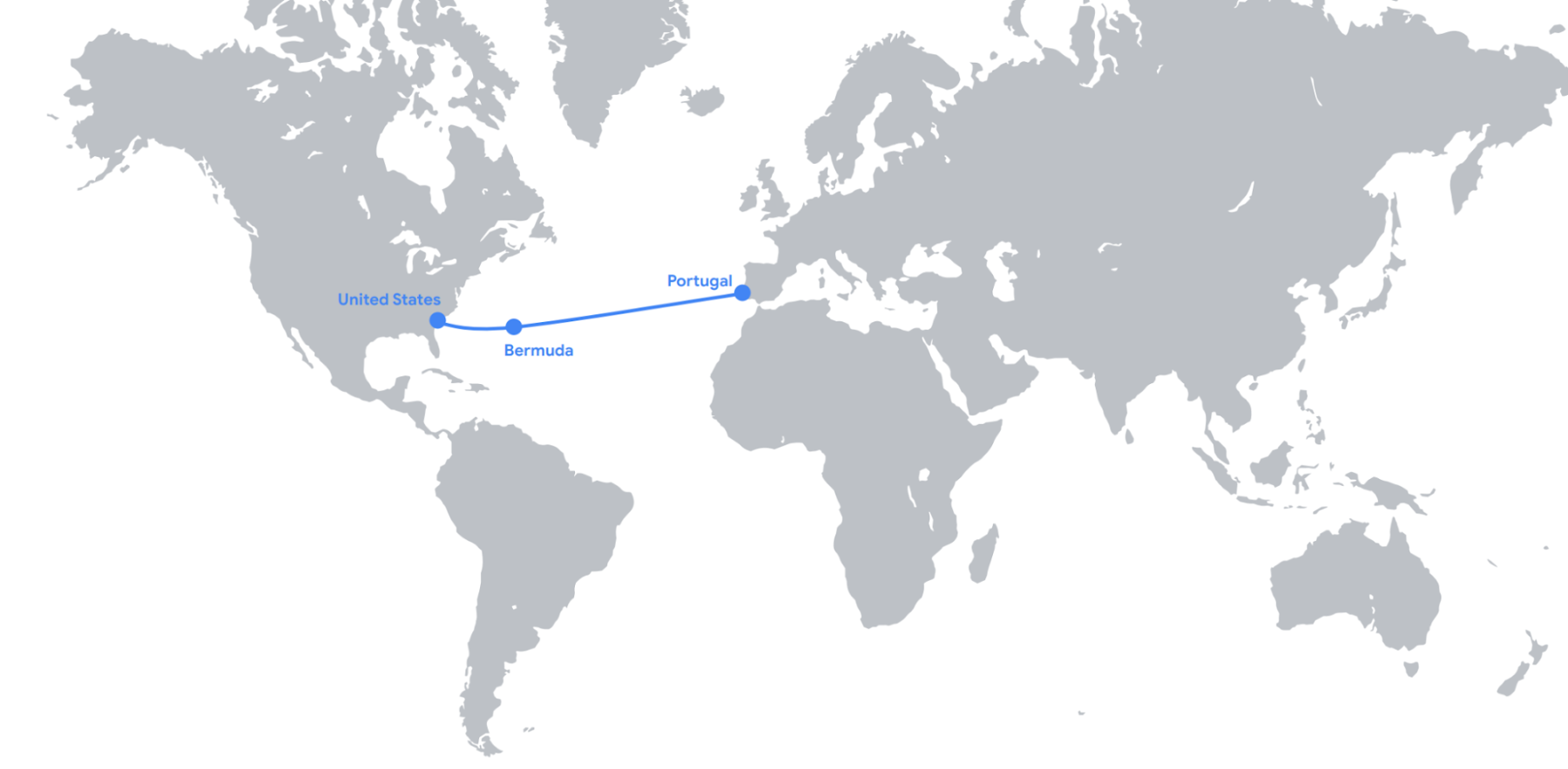Google expands its subsea cable infrastructure with Nuvem, connecting the US, Bermuda and Portugal

Google has announced another subsea cable system, as the internet giant strives to bolster its internet infrastructure and get more people using its array of cloud-based services.
Dubbed “Nuvem,” the new cable represents one of more than a dozen cables that Google has invested in through the years, starting with Unity, which went into operation in 2010, stretching more than 6,000 miles across the Pacific from Japan to California. While most of these cables were created in partnership with other companies, Google completed its first entirely private subsea cable project in 2019 with Curie, traversing from California down to Chile.
Elsewhere, Google launched another transatlantic cable called Dunant back in 2021, joining Virginia with France, while it has another cable called Equiano that connects Portugal with Africa that formally launched last September.
Google said that its Nuvem cable is expected to go into operation in 2026, with touchpoints in South Carolina, Bermuda and Portugal. The company confirmed to TechCrunch that it is the sole funder of the new cable.

Google’s Nuvem cable. Image Credits: Google
It’s perhaps somewhat notable that the word “nuvem” is Portuguese for “cloud,” with subsea cabling vital for Google’s business, which includes everything from enterprise cloud computing to consumer video-streaming and beyond — each requiring low-latency data transfers to keep customers happy. Feeding into all this is a growing network of datacenters which brings data storage and processing closer to end-users.
Other tech companies have also invested in various internet infrastructure programs, with Google, Meta, Microsoft and Amazon now estimated to own or lease almost half of all undersea bandwidth between them.

